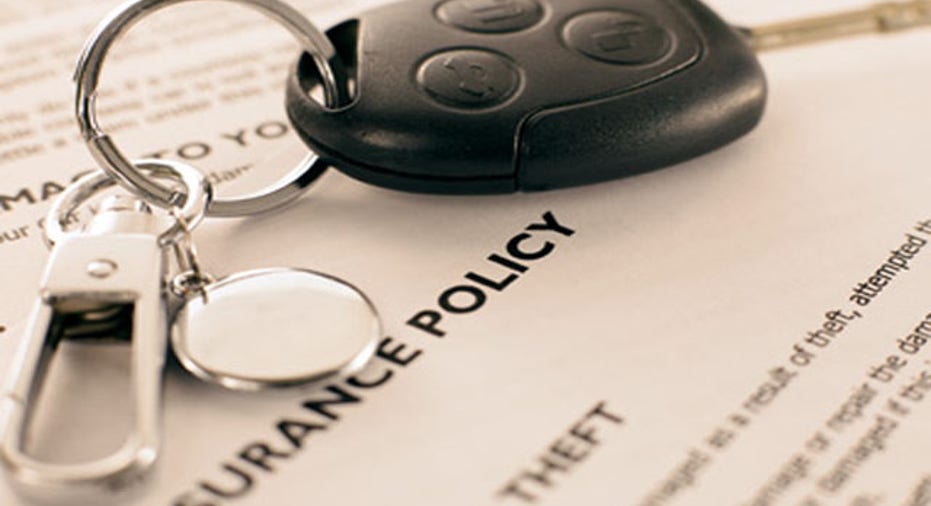No Pay, no Play States

Question: I just learned about the no pay, no play concept regarding car insurance claims. Can you elaborate on it and tell me what states have this type of law in place?
Answer: Most states have harsh penalties in place if you're caught driving without insurance, especially if you're in an accident. States with "no pay, no play" laws take it a step further by prohibiting uninsured motorists from being compensated for certain items, even if they weren't at fault for the accident. (See “Uninsured? No gain for your pain”)
No pay, no play states want to draw attention to the fact that they are limiting uninsured motorists from receiving certain compensations because they themselves wouldn't be able to provide those same benefits to others.
Currently, there are 10 states that have some sort of no pay, no play law in place. They are:
- Alaska
- California
- Iowa
- Kansas
- Louisiana
- Michigan
- New Jersey
- North Dakota
- Oklahoma
- Oregon
The list may grow soon as lawmakers in Missouri, Nevada and Texas contemplate proposals that would amend their laws to limit the compensation one could receive if a driver is uninsured at the time of an auto accident.
Most states with no pay, no play limitations on car insurance claims (and lawsuits) are only on noneconomic damages. This would include items such as pain and suffering, mental anguish and loss of companionship. Economic damages, the uninsured motorist's actual medical bills and property damage, are typically still recoverable.
There are small differences in each state though. Here are a few examples:
In Kansas if you've been uninsured less than 45 days and had car insurance for the full year prior to the lapse, then you can still seek compensation for economic and noneconomic damages.
New Jersey's law bars those who are driving without insurance and are injured, driving under the influence, or acting with intent to injury to himself or others while operating a vehicle from recovering for economic or noneconomic losses.
In North Dakota, you're unable to recover for pain, inconvenience, suffering and other noneconomic damages if you're found to be uninsured at the time of the accident and you've had one prior conviction for driving without insurance.
Louisiana is special because it doesn't allow uninsured drivers (besides a few exceptions) to receive compensation for the first $15,000 in damages for bodily injury and first $25,000 for property damage. These “no pay, no play deductible amounts,” as some term them, are equal to the state-required minimum bodily injury and property damage liability coverages for motorists.
Oklahoma's current no pay, no play law prohibits those not in compliance with the state's mandatory auto insurance law from recovering for noneconomic damages related to auto accident injures. However, a bill is being considered that would keep uninsured drivers from receiving compensation for “any type of damages” unless special circumstances existed, such as the at-fault driver was driving under the influence.
States intend no pay, no play laws to reinforce that all drivers need to comply with state financial responsibility laws. And the Insurance Research Council has estimated that the states adopting such laws are seeing a drop in their uninsured motorist rate.
The best way to not be affected by no pay, no play laws is to stay insured. If your current auto insurance rates are too high, look for ways to save (See “3 ways to save big on car insurance”) and shop around before dropping coverage completely and getting yourself into a bad situation.
The original article can be found at CarInsurance.com:No pay, no play states



















